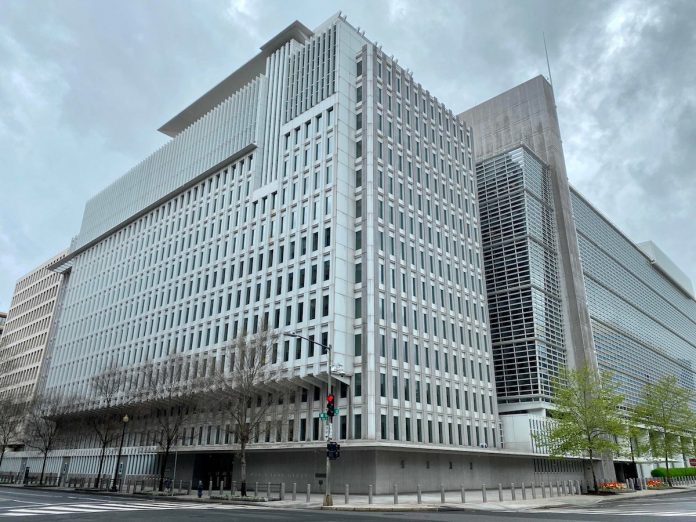The World Bank has approved a substantial funding package of $600 million to support two major programs aimed at enhancing public sector performance, inclusivity, and the quality of public services in Morocco.
According to a statement released Monday in Washington, the first program, which focuses on public establishments and enterprises (EEP) reforms, will receive $350 million. This initiative aims to improve governance, restructuring, competitive neutrality, and performance monitoring of the EEPs.
An additional $250 million will be allocated to the “Moroccan Public Sector Performance” program (ENNAJAA). This funding will continue to bolster the Moroccan government’s efforts to enhance performance and transparency by modernizing public administration through digitization and public finance management reforms.
“The primary goal of these two projects is to enhance public sector performance and the quality of public services provided to Moroccan citizens, in line with Morocco’s new development model,” stated Jesko Hentschel, the World Bank’s Country Director for the Maghreb and Malta.
The World Bank will support the Moroccan government from the early stages of EEP reforms, focusing on results and strengthening the technical and implementation capacities of two executing agencies: the Ministry of Economy and Finance, particularly its Directorate of Public Enterprises and Privatization (DEPP), and the newly established National Agency for Strategic Management of State Participation and Monitoring of Public Establishments and Enterprises (ANGSPE), while promoting coordination.
“Reforming EEPs is a priority for Morocco, as highlighted during the recent Council of Ministers chaired by His Majesty King Mohammed VI on June 1. The objective is to restructure the public portfolio, improve its performance, and implement reforms to provide accessible and high-quality services to the population,” added Jesko Hentschel.
In terms of public sector performance, the initial ENNAJAA program has already shown “significant” results after nearly two years of implementation. There has been a notable increase of almost 7% in additional tax revenues due to better national compliance, and a 22% increase in revenues collected by the ten largest municipalities.
According to the World Bank, this additional funding for the ENNAJAA program will prioritize improving the efficiency of public spending and revenue management, including greater budget transparency for citizens.
It will also facilitate the adoption of climate-sensitive budgeting, a first in Morocco, and gender-responsive budgeting for eight ministerial departments by the end of the project, scheduled for 2028.





